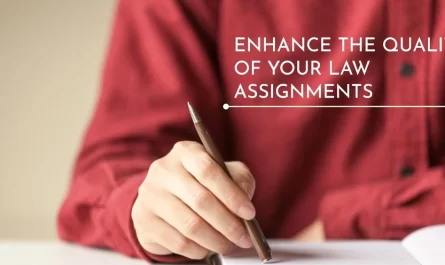Formatting and proofreading are critical components of crafting an effective thesis proposal. Your proposal should be formatted according to the guidelines provided by your institution or department, with all sections clearly labeled and logically organized.
Careful proofreading is also essential to eliminate spelling and grammar errors, while consistency in citation style is crucial. It’s a good idea to seek feedback from peers or advisors on the formatting and proofreading of your proposal, as a fresh pair of eyes can help identify any overlooked issues.
A. Formatting Guidelines
Consistency is key when it comes to formatting your dissertation proposal. Following formatting guidelines ensures that your proposal looks professional and is easy to read. Your institution or department may have specific requirements, such as font size and style, margins, and spacing. In addition to these standard elements, other sections of the proposal like an abstract, introduction, literature review, methodology, and timeline should also be formatted consistently throughout. Double-checking for errors and inconsistencies before submitting your proposal can help make a strong first impression.
B. Editing and Proofreading Tips
Effective editing and proofreading are crucial steps in crafting a compelling dissertation proposal. To ensure that your proposal is polished and free of errors, it’s best to use spell-check tools and grammar-check software. Additionally, reading your MAPC project proposal out loud can help you identify awkward phrasing or unclear sentences. It’s also advisable to take a break between writing and editing to give yourself some distance from the text. Finally, having someone else read your proposal can provide an outside perspective and catch any mistakes you may have missed. These simple yet effective tips can help you take your dissertation proposal to the next level.
Submitting Your Dissertation Proposal
Submitting your dissertation proposal can feel intimidating, but it’s a crucial step toward achieving your academic goals. By following the guidelines and formatting requirements of your institution, you can ensure that your proposal is professional and polished.
It’s also a good idea to seek feedback from your advisor or committee members before submitting, as they can provide valuable insights and suggestions for improvement. Remember to double-check for any grammatical or spelling errors and be prepared to defend and explain your proposal during the review process.
With these steps in mind, you can confidently submit a strong dissertation proposal that showcases your research skills and potential contribution to knowledge.
Final Checklist
As you near the end of the dissertation proposal writing process, it’s crucial to ensure that your proposal is complete and ready for submission. A final checklist can help you accomplish this goal by outlining all the necessary components of a successful proposal.
Check that your research question is clear and specific, and that your proposed methods are appropriate for answering it. Also, verify that you have included all necessary citations and references in your proposal. Finally, proofread your proposal carefully to ensure that it is free of errors and meets the formatting requirements of your institution.
By following these steps, you can submit a compelling dissertation proposal that showcases your research abilities and sets the stage for a successful project.
Submitting Your Proposal to Your Advisor
Submitting your proposal to your advisor is a critical step in the dissertation process. It’s essential to ensure that you’ve followed all necessary guidelines and formatting requirements before submission. Your proposal should be well-researched, clearly written, and directly address the research question or problem. It should also outline a clear methodology and timeline for the completion of the research. Be open to feedback from your advisor and be prepared to make revisions as needed. Remember that submitting a strong proposal could increase your chances of getting approval and lead to a successful thesis defense.
Conclusion
In conclusion, writing a thesis proposal can be quite challenging, but it is essential if you want to get your research approved. It is vital to take the time to prepare and organize your thoughts systematically, so you can present a convincing argument. Remember that an effective thesis proposal should be clear, concise, and engaging.
It should also demonstrate your understanding of the research problem, literature review, research methodology, expected results, ethical considerations, and contribution to knowledge. To ensure that you have covered all the necessary elements of an effective thesis proposal, download our Ultimate Guide to Writing an Effective Thesis Proposal today.




